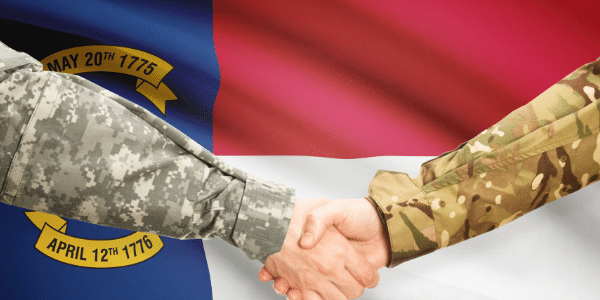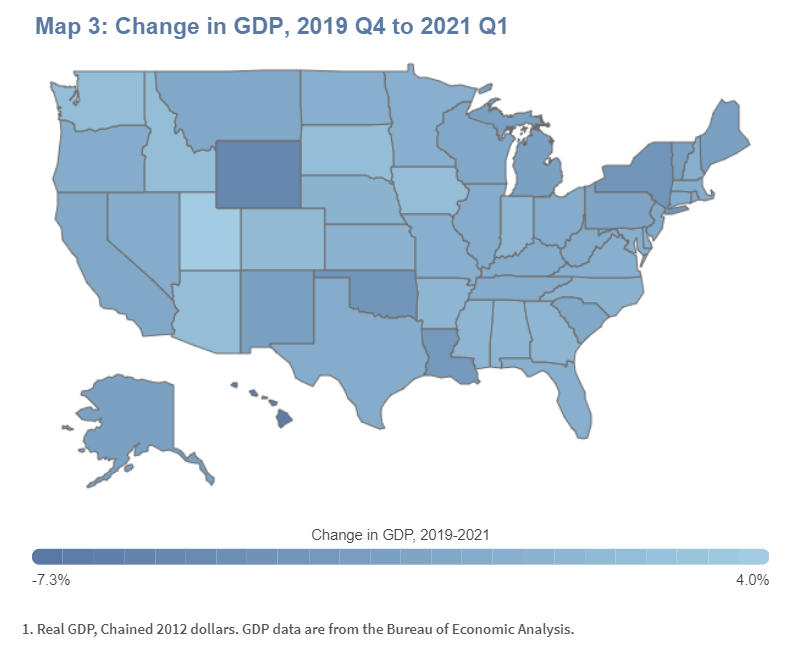
The motivation to legalize medical marijuana and provide products that meet the needs of patients should always be the priority. Except in most southern states. Where the legalization of cannabis faces an uphill battle.
Do you know someone who lives with chronic pain? A friend or family member has been limited to one option for pain relief: opioids and prescription NSAIDs? It is not much of a choice when considering the substantial health risk patients face, using long-term pain medications.
Tobacco is legal. And we know from decades of clinical evidence what dangers they present to human health. Alcohol is legal. And tobacco, addictive and known to increase the risk of several life-threatening diseases. Tobacco and alcohol use increase the possibility of developing certain types of cancer. There is a clear statistical correlation between the use of both substances and health problems. But they aren’t prohibited.
Just because cannabis is legalized in thirty-six (36) states doesn’t mean every medical marijuana program is equal. In some states, patients are fighting for the right for doctor-supervised medical marijuana. In other states, Americans with chronic health conditions want a ‘real’ medical marijuana program. Not a token program with a Low THC limitation. Or one where very few patients qualify.
Is there a reason why some of the southern states have been more reluctant to legalize cannabis? Like any good story, a little bit of history helps explain why grassroots movements in southern states have had to fight hard for little progress.
Culture is developed from historical precedence. There are several threads on Quora that discuss the history of racial tension in Southern states. And since the original demonization of cannabis stemmed back to racial fear-mongering about Mexican immigrants and persons of color (POC), it is hard to ignore the correlation. Statistically, there has been more racial violence and prejudice policy-making in southern states.
For generations of Americans living in the south, cannabis was associated with crime, debauchery, and the corruption of white youth. For decades! Not to mention the introduction of the Jim Crow laws that further split the social fabric in the south, separating white from black.
This idea of propaganda is so ingrained it can be challenging to outgrow it. Or correct it. And that may be one of the biggest reasons legalized cannabis is a hard sell in southern states, even though they have evidence of neighboring states that have hit the tax revenue jackpot from medical and/or adult-use sales.
Lawmakers and a percentage of state citizens feel strongly about keeping the prohibition of cannabis in place. It has become woven into the fabric of the cultural identity of some of the most conservative citizens living in southern states. And into the most senior levels of the legislative bodies in each state as well.
Economically, you would think that Texas would be the first to embrace the potential tax revenues of legalized medical marijuana. But perhaps because the state economy in Texas has a history of performing well, that it doesn’t feel the need to. Texas may not have the same drive to legalize cannabis because the state may not need the money.
The motivation to legalize medical marijuana and provide products that meet the needs of patients should always be the priority. Do you know someone who lives with chronic pain? A friend or family member has been limited to one option for pain relief: opioids and prescription NSAIDs? It is not much of a choice when considering the substantial health risk patients face, using long-term pain medications.

Texas recently moved to increase the low-THC cap from 0.50% to 5%. Although the Texas House of Representatives approved the potency increase, it was slammed in the Senate. And further reduced to a 1% THC maximum limit on all medical cannabis products.
When it comes to medical marijuana, Texas is nothing like Oklahoma. You do not get a medical card as a Texas patient registered with the Compassionate Use Program (CUP). There are no dispensaries to visit, only pharmacies with the authority to dispense a prescription from your doctor. And you have limited intake options that include tablets, capsules, and tinctures. No other types of medical marijuana are allowed in the Lonestar state.
Did you know that North Carolina is home to the largest population of military veterans? There are over 700,000 veterans that call North Carolina home. And the pressure is on the state to provide a viable medical cannabis program that serves all patients, including the large number of veterans that make NC home.
Senate Bill 711 is the current proposed medical cannabis legislation in North Carolina. On August 4th, at the end of the summer session, the bill had been referred to the Judiciary. If voted favorably by the Judiciary, the Health Care department will get to review and propose changes. Then it will be referred to the North Carolina Senate for review.

Criticism of the current proposed legislation in Senate Bill 711 focuses on the limited list of qualifying health conditions. Advocates want clinical anxiety, depression, and opioid addiction added to the list. The plan would also limit medical cannabis distribution centers to forty (40) for the whole state. That averages about one distribution center for every 260,000 residents.
Retail dispensaries will not be permitted in North Carolina. Currently, only patients with epilepsy are qualified to be prescribed medical marijuana. North Carolina residents can potentially look forward to an inflexible program like Texas.
The Kansas House of Representatives did approve a bill to legalize medical cannabis. But it failed to pass before the end of the summer session and is supposed to reconvene for 2022. The state has the benefit of a Governor who supports medical marijuana. Gov. Laura Kelly (D) has stated that she plans to help create a “well-regulated compassionate medical cannabis program”.

According to the Marijuana Policy Project, more than 68% of residents in Kansas support the legalization of medical cannabis. And in 2016, Kansas took the first important step with HB 2462 to reduce personal-use penalties for possession of cannabis. It reduced second-time marijuana possession from a felony to a misdemeanor offense. Senate Bill 112 was passed in 2017 that further reduced penalties for cultivation or paraphernalia.
The only option that patients in Kansas have is THC-free cannabidiol (CBD) products for symptom management. But full-spectrum CBD or the highest quality clinical grade of cannabis cannot provide fast pain relief for patients. So many feel it is a half measure, leaving patients in Kansas without a critical safe option to opioids.
There is no more poignant recent example of the South and the fight to keep cannabis on lockdown than Mississippi. In November of 2020, voters supported Initiative 65. And not just by a little bit. Initiative 65 was citizen-led and had a 74% majority. Voters agreed to legalize cannabis for patients by providing twenty-two (22) qualifying health conditions for eligibility.
And then the Supreme Court of Mississippi put its legislative foot down. Instead of abiding by what most Mississippi voters wanted, it decided to block the medical marijuana program. In a clever way. The MS Supreme Court said that the method of gathering signatures and placing the state question on the ballot for voters was wrong. And therefore, the result was null and void.
An unbelievable and undemocratic move. One that might not be able to override what voters in Mississippi asked for. In the interim, while the infighting goes on at the highest legal levels in Mississippi, the rules for the new medical marijuana program are supposed to be in place by August 21, 2021. While the legal disruption continues, branches of the government are moving ahead with forming the new Mississippi medical cannabis program.
Public pressure is mounting in virtually every state that has not legalized cannabis. And in states that have prohibitive programs that do not meet the needs of patients (including Low-THC laws). But in addition to the changing social opinion about medical marijuana, there are other factors testing lawmakers in states that are ‘holding out’ on legalization.
COVID-19 is doing significant damage to the United States. First, there is human loss. At the time of writing, America had lost 621,000 souls to COVID-19. And 36.7 million people in the United States had reportedly contracted the virus.
The University of New Hampshire Carsey School of Public Policy pushed the results of a new study in July of 2021. It looked at every state’s different economic and financial cross-sections to determine which states were suffering the most economic damage due to the pandemic.

On the map and from data provided by the Bureau of Economic Analysis, you see that many of the southern states have not been hit as hard by COVID-19 as other states. And so, the need to provide new tax revenue sources is less of an impetus for those states. They are managing their state economies well. But the southern states that were hit hardest by COVID-19? They launched medical cannabis programs that were accommodating to patients. Legalized certain types of cannabis that are ‘top sellers’, including the smokable flower. And they were able to generate a new tax revenue source.
The longer the pandemic persists, the more likely it is for less economically impacted states to feel the pinch. Increasing public support and the support of military veterans’ associations could change things. When also combined with the lure of new tax revenues, we could see the states in the south start to thaw. In 2022, we may see more movement toward legalization by regulators in conservative southern communities.
Featured Image: Canva
No Information on MarijuanaDoctors.Com should be used to diagnose, treat, prevent or cure any disease or condition. You can view our Full Disclaimer here.